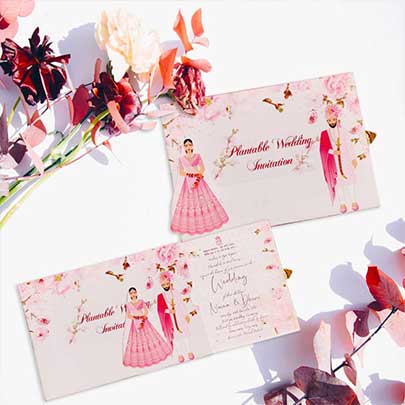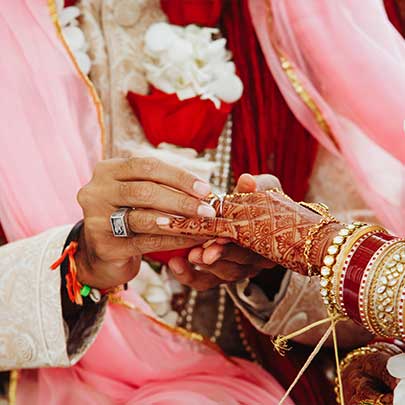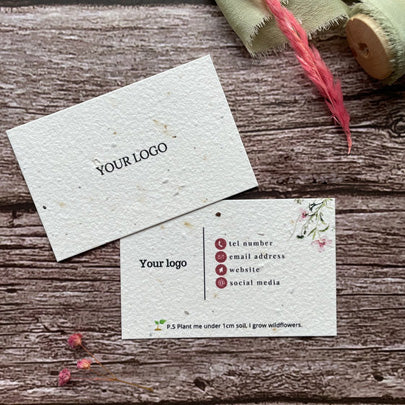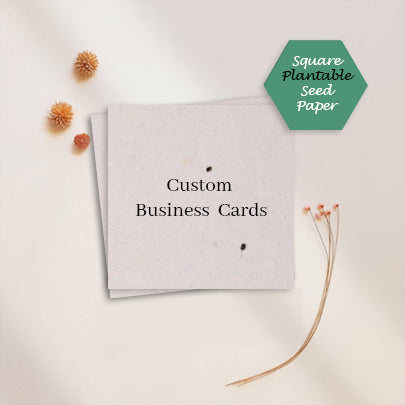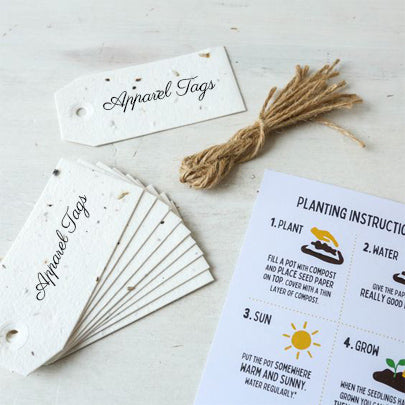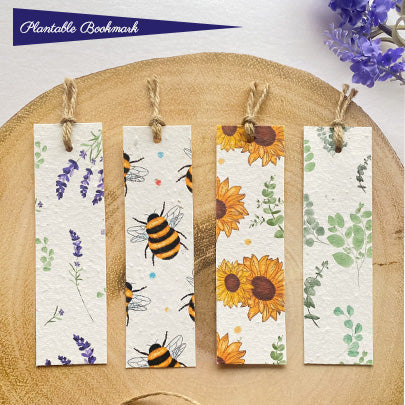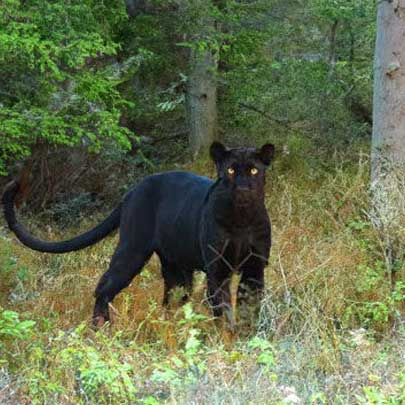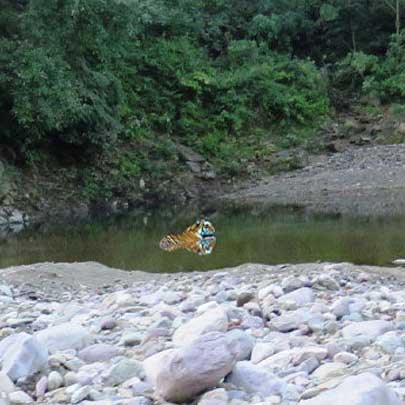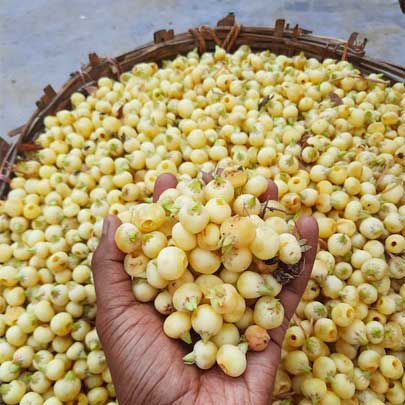Carbon-Neutral Nuptials: How To Offset Your Wedding's Environmental Impact
A wedding is a joyous occasion, but can also have a significant environmental footprint. From travel emissions to food waste, the impact of a single event can be substantial. However, with careful planning and conscious decisions, you can have a beautiful, memorable wedding while minimizing environmental impact. Here’s how to achieve carbon-neutral nuptials and offset your wedding's ecological footprint.
1. Choosing a Sustainable Venue
A. Local Venues
- Reduce Travel Emissions: Select a venue close to where the majority of your guests live to minimize travel emissions.
- Eco-Friendly Options: Opt for venues that prioritize sustainability, such as those that use renewable energy, have waste reduction programs, or are certified green.
B. Outdoor Locations
- Natural Settings: Consider outdoor venues like parks, gardens or beaches, which reduce the need for extensive decorations and artificial lighting.
- Minimal Impact: Ensure the venue practices Leave No Trace principles to minimize environmental disruption.
2. Seed Paper Invitations
- Biodegradable: If you prefer physical invitations, choose seed paper, which can be planted after use to grow flowers or herbs, leaving no waste behind.

- Customizable: Many companies offer customizable options for seed paper products to match your wedding theme.

3. Sustainable Catering
A. Local and Organic Food
- Farm-to-Table: Choose caterers who source ingredients locally and organically to reduce the carbon footprint associated with food transportation and pesticide use.
- Seasonal Menus: Create a menu based on seasonal produce to ensure freshness and lower environmental impact.
B. Reduce Food Waste
- Accurate Headcount: Provide caterers with an accurate guest count to minimize food waste.
- Leftover Plans: Arrange for leftovers to be donated to local shelters or food banks.
4. Eco-Conscious Attire
A. Sustainable Fashion
- Eco-Friendly Fabrics: Choose wedding attire made from sustainable materials such as organic cotton, hemp or recycled fabrics.
- Ethical Brands: Support designers and brands that prioritize ethical production and sustainability.
5. Green Transportation
A. Carpooling and Shuttles
- Group Transport: Arrange shuttles or encourage carpooling to reduce the number of vehicles traveling to the venue.
- Electric Vehicles: If possible, use electric or hybrid vehicles for wedding transportation.
B. Offset Travel Emissions
- Carbon Offsetting: Calculate the travel emissions for all guests and offset them by investing in carbon offset programs that support renewable energy projects or reforestation.
6. Sustainable Decor
A. Natural Elements
- Local Flowers: Use locally sourced, seasonal flowers to reduce the carbon footprint associated with imported blooms.
- Potted Plants: Consider using potted plants instead of cut flowers for centerpieces and decorations. These can be taken home by guests or donated to local gardens after the wedding.

B. Reusable and Recyclable Decor
- Reusable Items: Choose decorations that can be reused or repurposed, such as fabric bunting, lanterns and glass jars.

- Recycling Programs: Ensure that any disposable items are recyclable and arrange for proper recycling after the event.
7. Ethical and Eco-Friendly Favors
A. Plantable Gifts
- Seed Packets: Give guests seed packets or small potted plants as favors, encouraging them to grow something in memory of your special day.

- Tree Planting: Donate a tree planting in your guests' names as a favor, contributing to reforestation efforts.
B. Edible Favors
- Local Treats: Offer locally made, organic treats such as honey jars, jam or chocolates.
- Sustainable Packaging: Ensure that any packaging is eco-friendly, such as biodegradable or reusable containers.
8. Renewable Energy and Carbon Offsetting
A. Green Energy
- Venue Selection: Choose venues that use renewable energy sources like solar or wind power.
- Generator Alternatives: If using generators, opt for biodiesel or other renewable energy sources.
B. Offset Remaining Emissions
- Carbon Footprint Calculation: Calculate the total carbon footprint of your wedding, including travel, energy use and waste.
- Offset Programs: Invest in carbon offset programs to neutralize your emissions. Choose reputable projects that focus on renewable energy, energy efficiency or reforestation.
9. Eco-Friendly Wedding Registry
A. Sustainable Gifts
- Green Products: Add eco-friendly items to your registry, such as energy-efficient appliances, organic bedding or sustainable kitchenware.

- Charitable Donations: Encourage guests to donate to environmental charities or conservation projects instead of traditional gifts.
B. Experiences Over Things
- Gift Experiences: Request experiences such as eco-friendly travel, workshops, or memberships to environmental organizations rather than physical gifts.
10. Educate and Inspire
A. Share Your Journey
- Website and Social Media: Use your wedding website and social media platforms to share your sustainability efforts and inspire guests to adopt eco-friendly practices.
- Event Signage: Include signage at your wedding to inform guests about the eco-friendly choices you’ve made and how they can contribute.
B. Encourage Participation
- Guest Involvement: Encourage guests to participate in your sustainability efforts, such as by carpooling or bringing reusable water bottles.
Conclusion
By integrating these sustainable practices into your wedding planning, you can create a beautiful and memorable event that reflects your values and commitment to the environment. From choosing eco-friendly venues and invitations to sustainable catering and decor, every step you take towards reducing your carbon footprint makes a difference. Celebrate your love with a wedding that not only honors your relationship but also respects and protects the planet.





